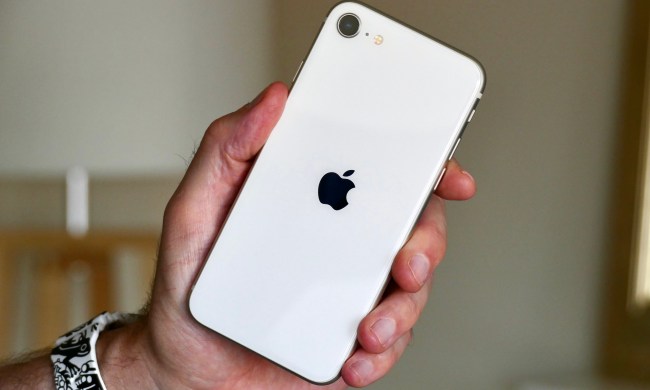 It’s a real sign of how tight things are getting in the highly competitve e-reader market when two major players in the field start fighting it out over battery life.
It’s a real sign of how tight things are getting in the highly competitve e-reader market when two major players in the field start fighting it out over battery life.
Last year, when Amazon released its latest generation Kindle e-reader, it proudly told the world that the device could be used for a month before needing a recharge. Then on Tuesday came the Nook Simple Touch e-reader, from bookseller Barnes & Noble. As highlighted in a Cnet report, the bookseller claims that its new e-reader has enough battery power to last an impressive two months, calling it the “longest battery life of any e-reader.”
On Wednesday, Amazon shot back with the release of an ad-supported Kindle 3G. And here’s the interesting part – in the time it takes to sneeze, the battery life of the Kindle doubled. Hey, two months! Just like the new Nook!
OK, so it appears Amazon haven’t all of a sudden changed the battery to a more powerful model. It seems that the company has looked at how Barnes & Noble made its calculation, and saw that if they followed the same calculation, the Kindle could also run for two months.
According to Cnet, Amazon believes that Barnes & Noble arrived at its figure for battery life based on having the Wi-Fi turned off and reading for 30 minutes each day. Amazon’s original figures for the Kindle were based on having Wi-Fi off and reading for an hour a day. So the company adjusted its figures for the Kindle to bring it in line with Barnes & Noble’s calculation.
Barnes & Noble is apparently having none of it. President of Barnes & Noble Digital Products, Jamie Iannone, contacted Cnet and said the following: “With up to two months on a single charge, the all-new Nook has the longest battery life in the industry and superior battery performance to Kindle 3. In our side-by-side tests, under the exact same conditions, continuous use of the device resulted in more than two times Kindle’s battery life.” The statement then goes into more detail, talking about per-minute-page-turn rates and the like.
No doubt Amazon is preparing its response.
Before one of the companies claims its e-reader has a six-month battery life (based on reading for 10 minutes a day), it looks like we’ll need to see the results of some independent side-by-side testing. Only then can this ongoing battery spat be put to bed.


